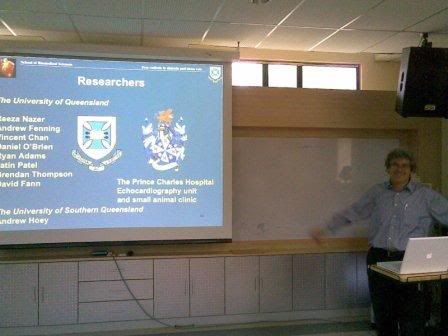
Diabetes. Hypertension. Obesity. Those are some of the most commonly flung words in today’s health lingo. The difference between the life threatening diseases of the middle ages and that of today’s is that theirs come from unalterable factors such as plagues and wars, while ours can be greatly prevented with a some good choices of lifestyle. Despite the saying ‘prevention is better than cure’ many of us would only address a problem that has occurred, and not foresee problems in the future. This is reflected by the figures of those diagnosed with lifestyle diseases such as diabetes type II, obesity, gout, and hypertension being on the rise. After all, how long can the human body keep on correcting the gross amounts of fats and sugars that the average modern person consumes? It’s when the over exhausted body can no longer deal with the extra cheese and patty in your delicious double Whopper that our modern diseases happen.
So, it seems that prevention is better sounding in theory than in practice. Does that mean the rest of us shortsighted beings are doomed with a stiff heart in the near future? According to Dr. Lindsay Brown and his team of researchers from The University of Queensland, Australia, this isn’t necessarily true. Currently, Dr. Lindsay Brown and his team are studying the important role of reactive oxygen species in the development of cardiovascular disease in obesity and diabetes. He was delivered a brief lecture concerning his research through invitation from his friend and our very own Dr. Tariqur Rahman. The talk was aimed at giving some of the more senior students some ideas as to what and how to conduct a study for their final year project.
From what was shared with us, the findings of his study using rats as models seem highly promising. A comparison was made between 2 different subjects: rats that are induced via diet to develop symptoms typical of cardiovascular disease only, and rats that are induced via diet to develop the same symptoms, but with an addition of L-arginine in the diet; as a well as control rats that followed a normal diet. In each test, the rats induced via diet to develop symptoms of diabetes and cardiovascular disease mimicked the symptoms of diabetes and cardiovascular disease in humans. However, the rats that were also fed L-arginine, a precursor of an important antioxidant, in high concentrations seemed to suffer no physiological changes typical of disease and measured values similar to the control rats. In other words, the antioxidants prevented the development of diabetes and cardiovascular disease! This directly supports his theory that reactive oxidant species or free radicals such as superoxide play an important role in causing the diseases of obesity. Of course, the doctor stressed that the findings are confined to rats but currently they have begun clinical trials with several volunteers of subjects suffering from untreated hypertension in India, coincidentally the country he visited before dropping by Malaysia.
Although we still shouldn’t over do the ice cream and greasy fries, the prospect of preventing, hypertension and diabetes simply by an uptake of L-arginine which seem to show no side effects in the rats, are worth getting cautiously optimistic about.

Report by: Khayriyyah
Photos by: Szakif

No comments:
Post a Comment